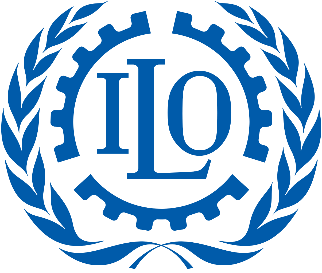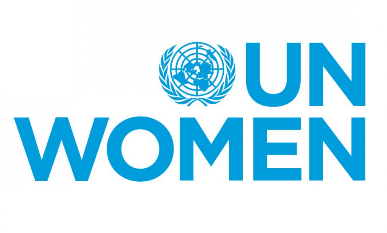Government of Switzerland
Reintegration of Migrant Workers in Bangladesh
Donors
Partners



- Foreign private sector North
- BRAC (including OKUP, WARBE DF and Manusher Jonno Foundation as sub-contractors)
Initiative website
Contact info
International labour migration is one of the key drivers of economic growth in Bangladesh. In the last five years, four million low-skilled migrant workers have travelled from the country for jobs and have remitted USD 75 billion.
Reintegration of migrant workers is the ‘missing link’ in the migration cycle for Bangladesh, meaning that while outbound migrants receive attention from stakeholders, returnees remain neglected. When migrants return, they are often unable to find gainful employment. Women migrant workers encounter additional social hurdles when it comes to reconnecting with their families and communities – they are often ostracized by the community for being sexually exploited, even if that is not so. They are unable to adjust to their communities and also cannot seek support. The COVID-19 pandemic has further worsened the situation, given that more than 500’000 migrants have returned to Bangladesh, since March 2020. These returnees have a limited scope due to dampened economic conditions, are unable to remigrate, and face a growing debt burden.
The Ministry does not have any action plan for the reintegration of migrant workers. While it has enacted the Wage Earners’ Welfare Board Act in 2018, there has not been much progress on increasing the capacity of the Board or working on reintegration. This realm thus presents a clear opportunity for support from Switzerland, and the SDC to take a leading role with regard to the issues of reintegration of migrants.
Expected outcomes:
- Outcome 1: Returnee migrant workers benefit from socioeconomic reintegration and stability after their return to Bangladesh.
- Outcome 2: The Ministry of Expatriates’ Welfare and Overseas Employment ensures an inclusive and accountable framework for reintegration through capable institutions and systems.
